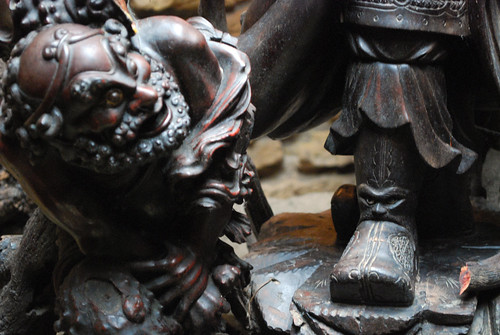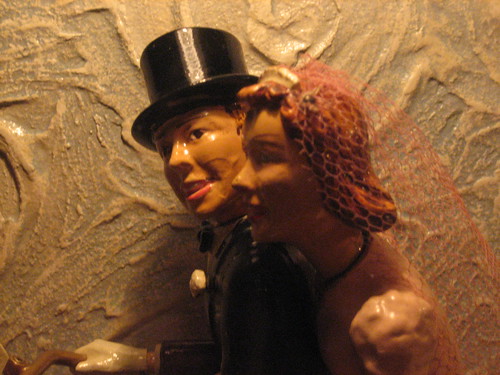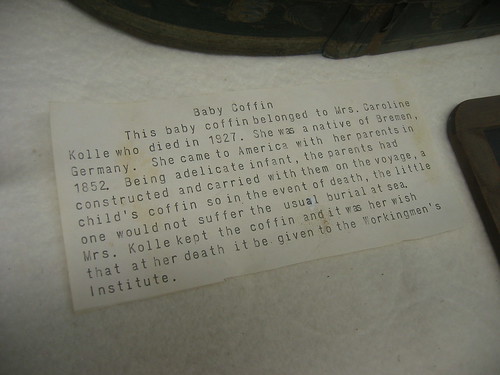1
The location of the Rubicon
The location of the Rubicon
Adrian Goldsworthy, in his Caesar: Life of a Colossus (2006) explains,
On the road from Ravenna to Ariminum (modern Rimini) the boundary between the province and Italy itself was marked by the Rubicon, a small river that to this day has not been positively identified.Tom Holland, who named his Rubicon: The Last Years of the Roman Republic (2003) after the fateful river, points out that not only is our knowledge of the river limited mostly to the fact that it was "narrow and obscure," but we're not even sure when it was crossed. The consensus is that it was on the night of January 10th, 49 BCE, but that's by no means certain:
One source tells us that the Rubicon was forded after sunrise. Others imply that the advance guard had already passed into Italy by the time that Caesar himself arrived on the river's bank. Even the date can only be deduced from extraneous events. A scholarly consenss has formed around 10 January, but any date between then and the 14th has been argued for--and besides, thanks to the vagaries of the pre-Julian calendar, what the Romans called January was in fact our November.
2
What the Library of Alexandria looked like
What the Library of Alexandria looked like

This one I'll leave to Alberto Manguel, who writes of the Library of Alexandria in the first chapter of his lovely new book The Library at Night (2008):
It is infuriating not to be able to tell what the Library of Alexandria looked like. With understandable hubris, every one of its chroniclers (all those whose testimony has reached us) seems to have thought its description superfluous. The Greek geographer Strabo, a contemporary of Diodorus, described the city of Alexandria in detail but, mysteriously, failed to mention the Library. "The Museion too forms part of the royal buildings and comprises a peripatos [deambulatory], an exedra with seats, and a large building housing the common room where scholars who are members of the Museion take their meals," is all he tells us. "Why need I even speak of it, since it is imperishably held in the memory of all men?" wrote Athenaeus of Naucratis, barely a century and a half after its destruction. The Library that wanted to be the storehouse for the memory of the world was not able to secure for us the memory of itself.I am particularly impressed by the misplaced confidence of Athenaeus of Naucratis: no matter how well-remembered a place was, after a century and a half, wouldn't you think at least a thumbnail description might be in order?
3
Which of Byron's feet was lame
Which of Byron's feet was lame

This one, I'll admit, is less world-historically important than the other two. That's somewhat balanced, though, by the fact that it concerns a person who lived relatively recently, and who was an object of intense fascination even in his lifetime, making the uncertainty all the more surprising.
Fiona MacCarthy examines the question in her Byron: Life and Legend (2003):
Which was Byron's lame leg? So much mystery has shrouded the subject, some of it created by Byron himself in his attempts to draw attention away from his deformity, that Thomas Moore, collecting information for his biography of Byron only a few years after Byron's death, could not arrive at a consensus of opinion. Elizabeth Pigot, Byron's old friend from Southwell, Augusta Leigh, his half-sister and lover, and the old Nottinghamshire cobbler who made young Byron's special shoes for him, all said it was the right leg. Leigh Hunt and Mary Shelley maintained it was the left leg, as did Jackson the pugilist, drawing on his memories of Byron's stance when sparring, and Millingen the surgeon who attended Byron in his final illness. The notoriously inaccurate Edward Trelawny, in a high-flown description of his visit to "the embalmed body of the Pilgrim," claimed to have discovered that both Byron's feet were clubbed. However, we can safely take his mother's word for it. As she told her sister-in-law, Mrs Frances Leigh, "George's foot turns inward, and it is the right foot; he walks quite on the side of his foot."It does seem as if the more reliable sources agree on the right foot, but I'm still impressed at how much uncertainty there is, especially because of the role that Byron's lameness has long been presumed--even by his friends--to have played in the formation of his character. Edward John Trelawny--who on his visit to Byron's body waited until Byron's valet William Fletcher left the room, then sneakily uncovered his dead friend's feet--spoke for more than just himself when he wrote, in Records of Shelley, Byron, and the Author (1858,
His deformity was always uppermost in his thoughts, and influenced every act of his life, spurred him on to poetry, as that was one of hte few paths to fame open to him--and as if to be revenged on Nature for sending him into the world "scarce half made up," he scoffed at her works and traditions with the pride of Lucifer.
But don't worry, folks: future readers won't suffer under unanswered questions like these--anything any descendants of ours could conceivably want to know will surely be somewhere in the Twitter archives, right?














